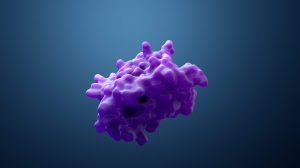Hcg –>
human chorionic gonadotrophin
(Science: hormone tumour marker) a hormone that is produced by the developing placenta and by the fertilized egg after implantation in the uterine wall.
this hormone is measured in the blood to determine pregnancy. Human chorionic gonadotrophin increases in quantity through the first trimester of pregnancy and begin to taper off after 85 days.
serum human chorionic gonadotrophin testing is accurate 48 hour post conception. Urine human chorionic gonadotrophin testing is a popular method of home pregnancy determination as human chorionic gonadotrophin can be detected in urine.
Acronym: hcg
Dictionary > Hcg
You will also like...

Gene Action – Operon Hypothesis
Learn how the way genes control and determine every aspect of the body. This lesson uses lac operon as an example. ..
..

IQ, Creativity and Learning
Human intelligence provided the means to utilize abstract ideas and implement reasoning. This tutorial takes a further l..

Stems
Stems primarily provide plants structural support. This tutorial includes lectures on the external form of a woody twig ..

Protein Variety
The sequence of amino acids determines the type of protein. Protein is synthesized according to the sequence of nucleoti..

Still Water Community Plants
This tutorial looks at the adaptations of freshwater plants for them to thrive in still water habitats. Familiarize your..

Indicator Species and Endangered Species
Certain species are capable of expressing characteristics indicative of the state of the ecosystem they occupy. They are..

